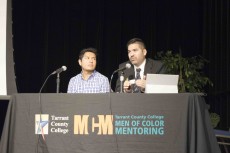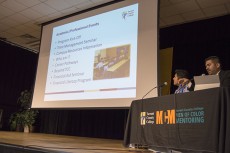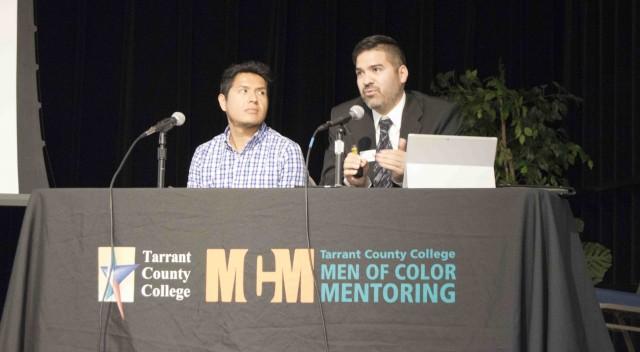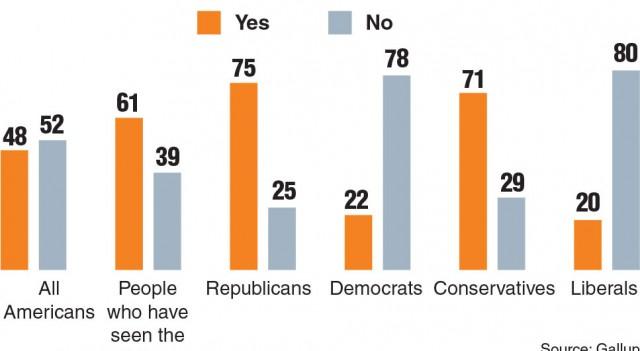By Jamil Oakford/editor-in-chief
TR student Kenneth James Snell lived in a world where he and the people around him were in a cycle of manual labor jobs.

Collegian file photo
“The real world was waking up early and heading out to paint somebody’s house,” Snell said. “And that’s no way to live.”
It was at this point that he would back away from that world, go back to college and reshape his future.
Snell decided he’d check out a Men of Color Mentor meeting to satisfy his curiosity about the program.
“All I did was ask [his friend] Junichi what it was about, and it was the best thing that’s happened to me besides my son being born,” he said.
This program started in fall 2012 on TR Campus by two concerned staff members.
“I was working as an academic advisor at TR,” student success coordinator Freddie Sandifer said. “We had an influx of students of color. We saw them at the beginning of the semester, but then we wouldn’t see them again.”
Being one of only two academic advisors of color, he looked further into the trend. They discovered that students of color weren’t making it through the semester.
“They were all dropping out over the same thing: They didn’t know how to be successful,” Sandifer said.
In 2012, Sandifer and a team of mentors set out to rectify the trend on TR Campus. They reached out into the student body to assist students of color on how to help them reach their full potential in college.
“We started with 12 students,” Sandifer said. “We took it to the district, and now we’re at 300 mentees across the district.”

Collegian file photo
Now, Men of Color Mentors cover all five campuses and work to help students succeed at TCC.
The Men of Color Mentor program looks to aid students that have complicated circumstances compared to the average student.
“Sometimes it comes from not having a support system at home,” Sandifer said. “When they’re 18, they’re expected to contribute to the household or get out.”
Many of the mentees Sandifer and his team of mentors meet through the program are students who also don’t know the many components of the college lifestyle.
“A lack of knowing the college culture, that transition into college, it’s time management,” said Anthony Walker, student success and online advising director. “It’s helping them to have the vision to connect it all together, helping them establish those short-term goals as well as long-term.”
For many students, this program also helps them understand the classroom better.
“We give talks on how to address a professor, proper classroom etiquette,” Sandifer said. “Faculty would notice the difference in those students after these workshops. It wasn’t that they were bad students. It was just that they didn’t know.”
Through monthly meetings and “barbershop talks” mentees receive many possibilities.
Through the program, students can connect with professionals at conferences.
“They get a chance to network with professors from four-years that look like them,” he said.
But for Snell, this program gave him something he looks for in all of his experiences.
“My family and being a part of a tribe is very important,” he said. “It’s a brotherhood. It’s just good people.”


























